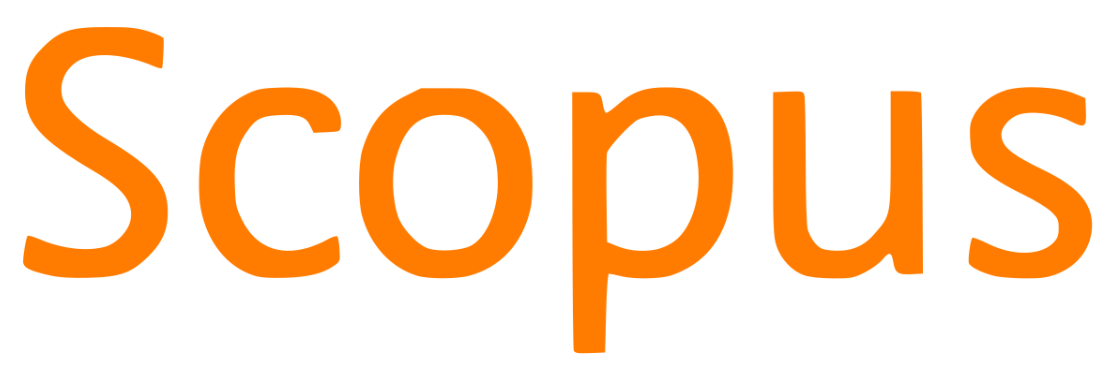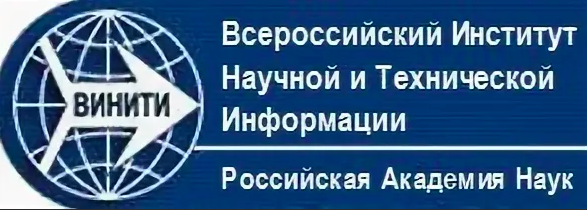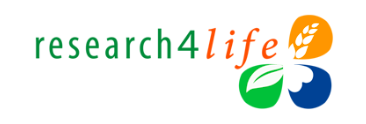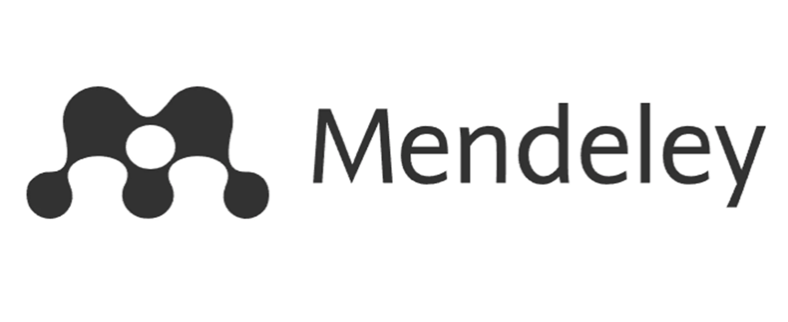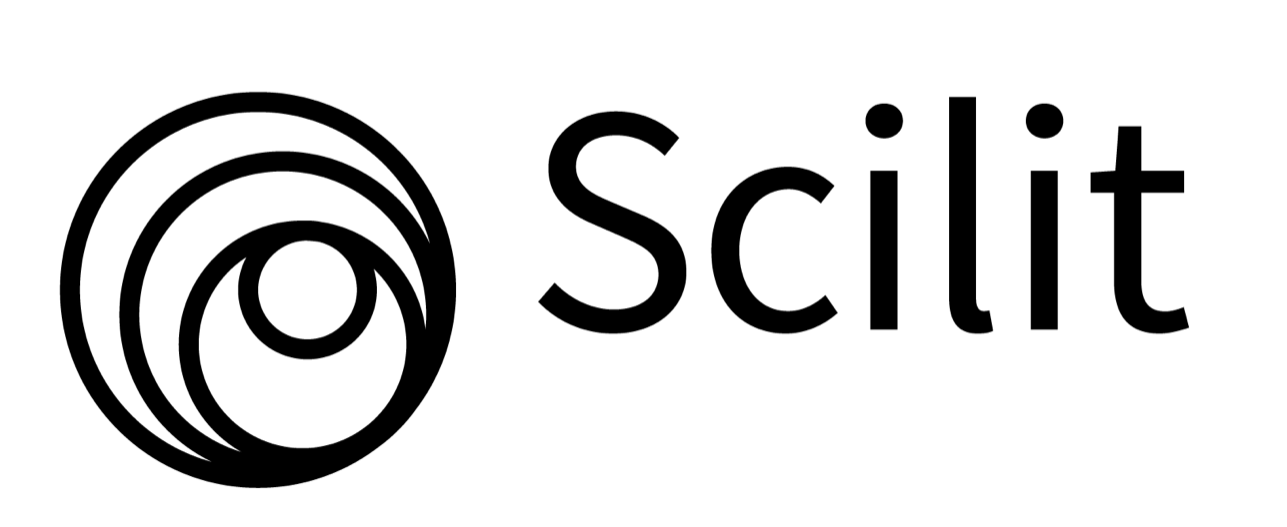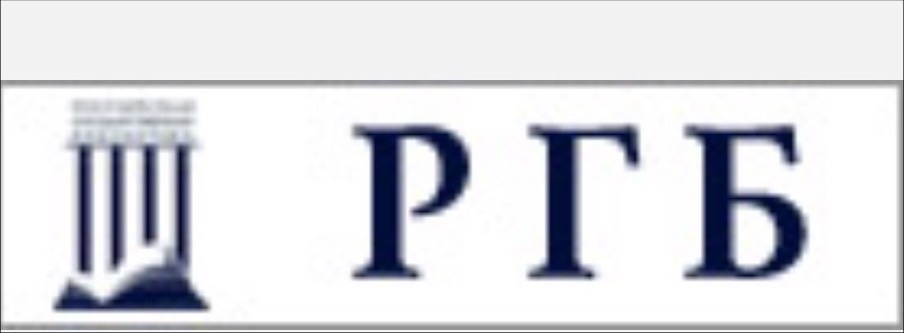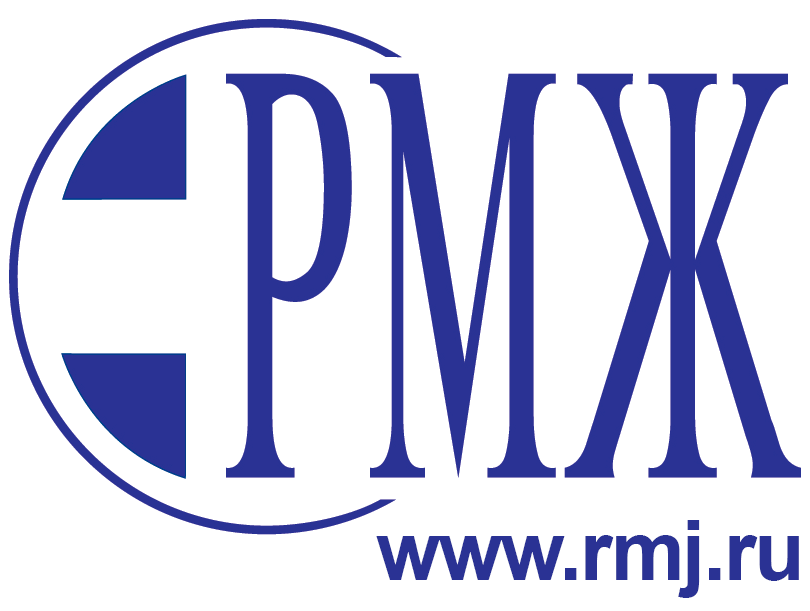Policy of disclosure and conflicts of interest
To avoid publication misconduct, conflicts of interests of all participants of the editorial process should be eliminated. A conflict of interests may arise if an author, reviewer, or member of the Editorial Board is involved in financial, scientific, or personal relationships that may affect their actions. Authors are obliged to settle all claims on their own account. In cases of suspected publication misconduct by any participant of the editorial process, public investigation must be pursued. If a paper containing significant inaccuracies has been published, it should be revised so that the revisions should be accessible for readers and indexing systems.
Unpublished data from manuscripts submitted for consideration can not be used for personal research without the expressed written consent of the author.
Information or ideas obtained through peer review and related actives, which potentially can be beneficial to any party other than the author, must be kept confidential and not be used for personal gain.
Reviewers should not participate in the examination of manuscripts in the event of a conflict of interest that is a result of any competitive, cooperative, and or other interactions and relationships with any of the authors, companies, and or other organizations involved in the creation or presentation of the works.

